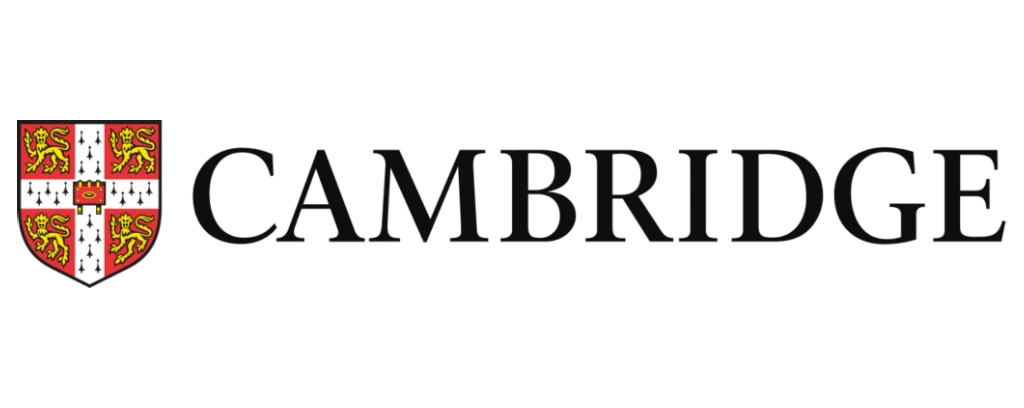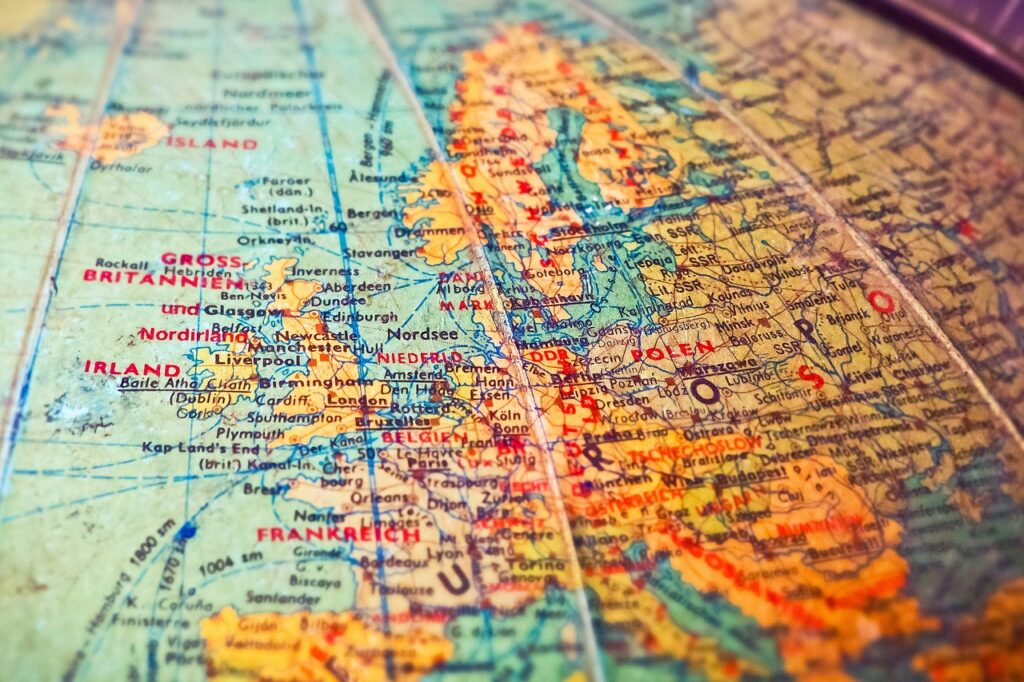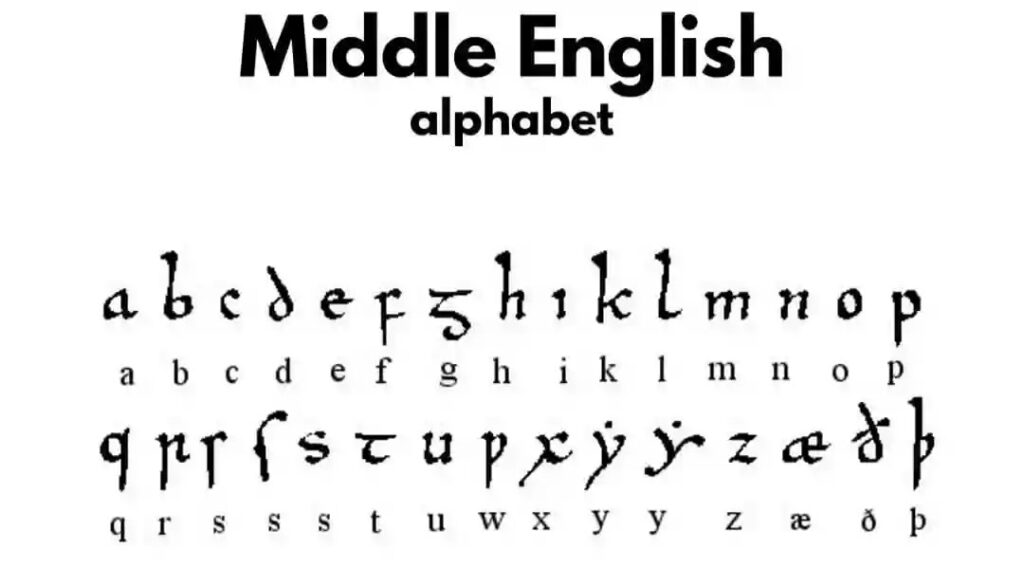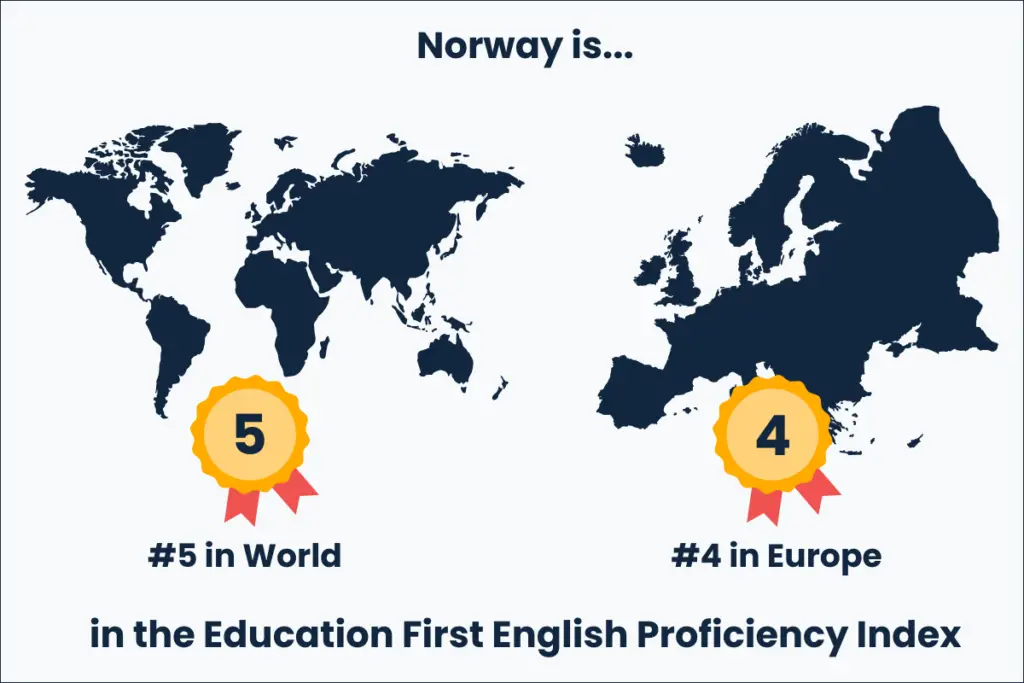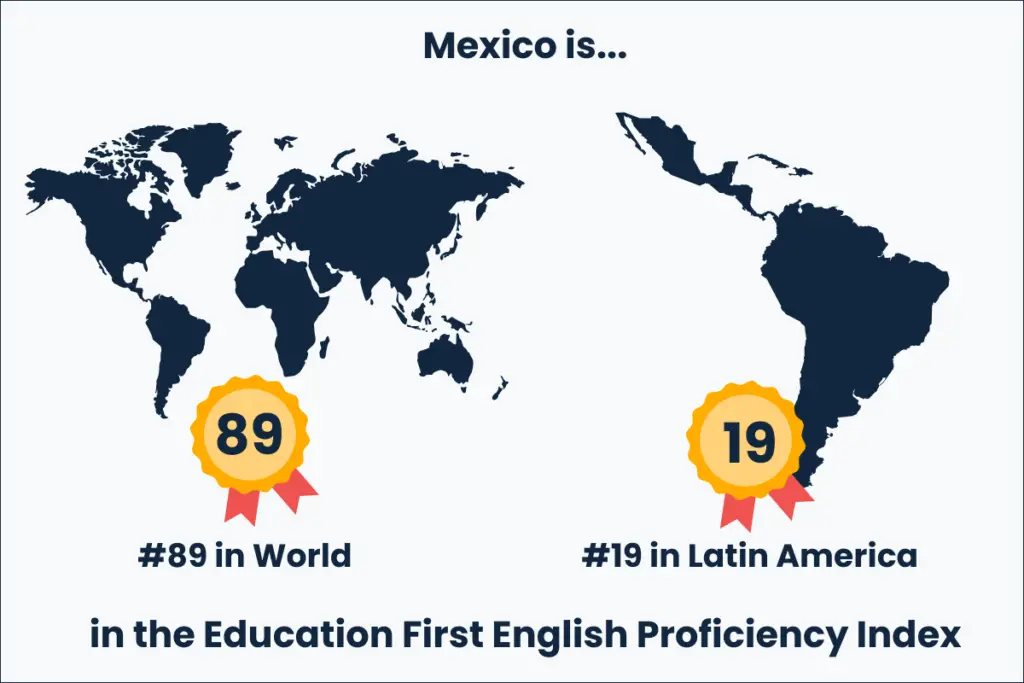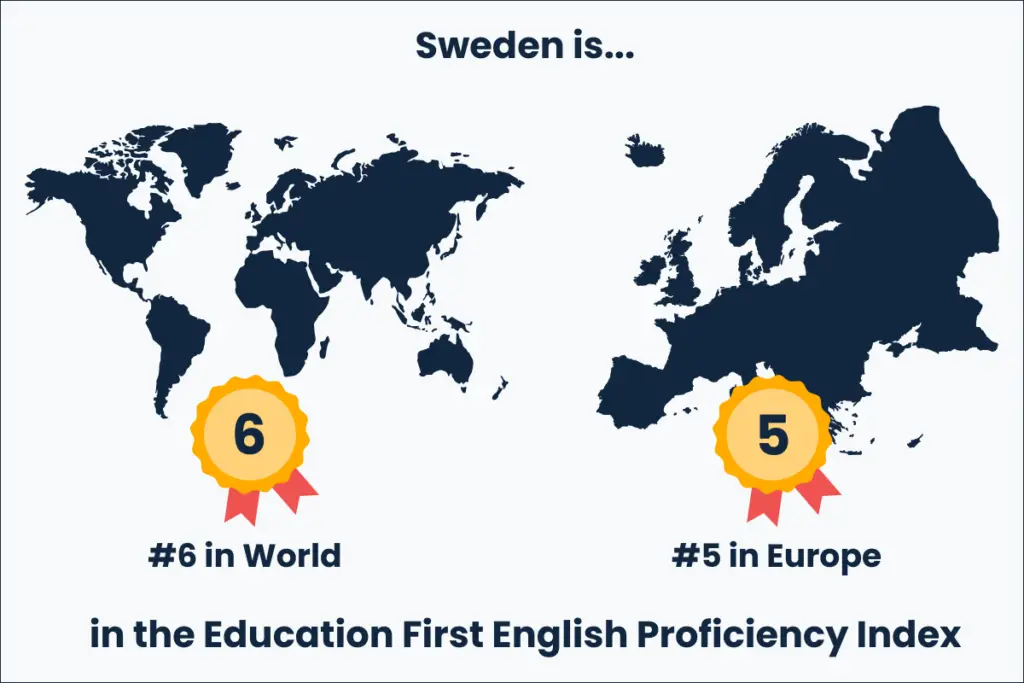The History of English
How English developed from a West German language that was brought to Britain in the mid-5th to 7th centuries AD by Anglo-Saxon migrants to the most widely spoken language in the world today.
This website is a complete resource on the English language which can be used for reference but can also be read as a story in chapters.
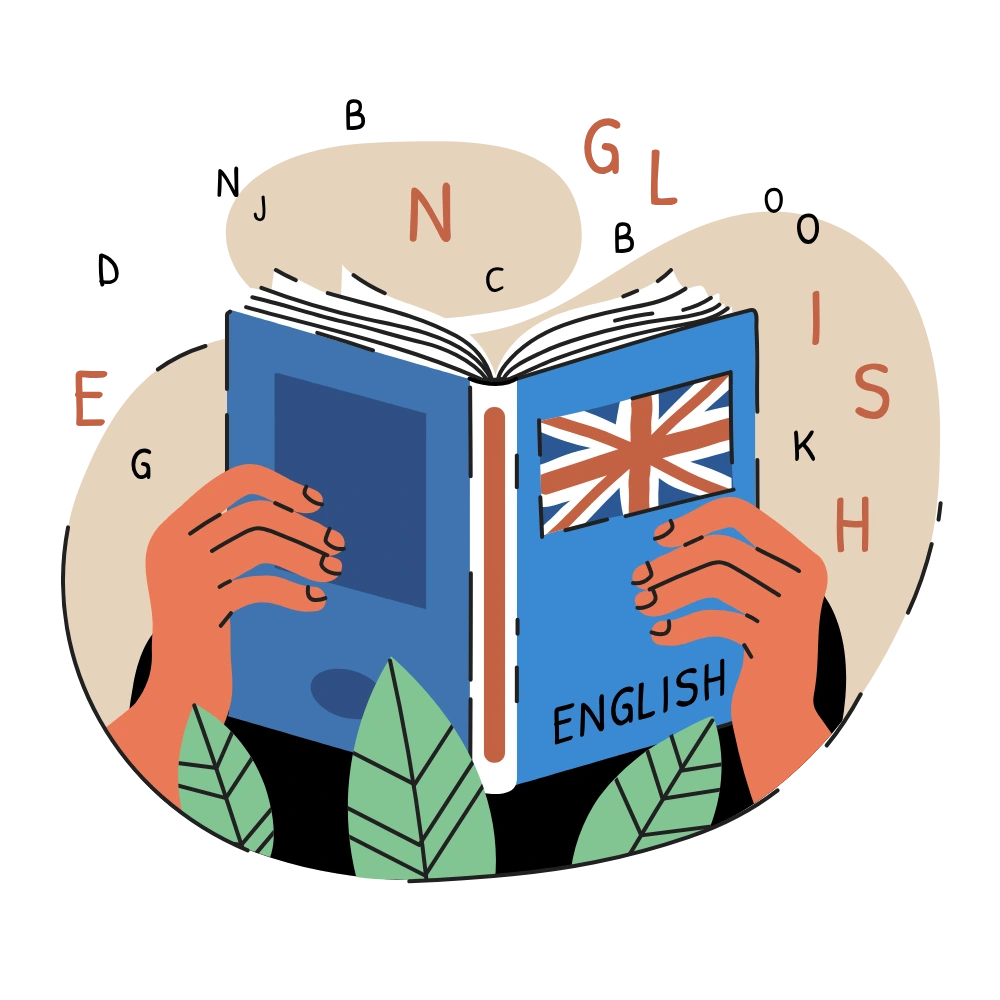
As Seen In
The History of English
There are many books and many websites describing the journey of the English language from its ancient origins to today’s dynamic and powerful communication tool (you can find some of them on my Sources and Links page). Some follow it in minute and excruciating technical detail, some are brief one-page summaries, and you may be wondering: do we really need another?
Well, perhaps not, but I wanted to create one anyway for my own enjoyment and edification. And this one is neither too long and intimidating nor is it too skimpy and “lite”, but, as Goldilocks might have said, just right. Not too much in the way of “fricatives” and “palatizations” and “labialized velars” (this does not pretend to be a work of serious philology), but plenty of rollicking historical detail, action and intrigue.
Whatever your thoughts on the matter, English, with all its vagaries and annoying inconsistencies, remains the single most important and influential language in today’s world. Throughout history, it has repeatedly found itself in the right place at the right time: English-speaking Britain was the leading colonial nation in the 17th and 18th Century, as well as the leader of the Industrial Revolution in the 18th and 18th Century; in the late 19th and 20th Century, English-speaking America was the leading economic power, and was also at the forefront of the electronic and digital revolution of the late 20th Century.

But, it has also proved itself the most flexible and resilient of languages, remarkable for its ability to adopt and absorb vocabulary from other cultures. It has survived incursions by invading armies, outfaced potential extinction on more than one occasion, and navigated the changing cultural zeitgeist, growing ever stronger in the process. Its continued vitality is evidenced by the number and diversity of its worldwide variations today.
The main part of this website, the History, can be read as a kind of story, in chapters, following the development of the English language from its Indo-European origins, through Old English and Middle English to Early Modern English and Late Modern English, before a brief look at English Today. But there is also section on Language Issues (including How New Words are Created, Language and Geography and English as a Global Language), a Timeline of important dates in the development of English, a Glossary of some of the technical and historical terms used, and a list of Sources and Links.
I would like to acknowledge at this point my debt to the various websites, books and television series which I have raided, adapted and combined unapologetically, many of which are listed in the Sources and Links page. This is a personal project not a scholarly work, and I have not provided unimpeachable references to original sources for every point I make, although I have given specific references and credits for all images used. Please feel free to contact me if you have any issues about the content or attributions (or lack thereof) or to point out any absolute howlers I may have made.
Incidentally, in case you were wondering, the spelling throughout this website is largely the Canadian English of my adopted country Canada (which itself is a hybrid of British and American spelling), although the words introduced – most of which arrived before Canada was Canada – are generally in British English. Contemporary English spelling is a whole new subject requiring a whole new website.
English Language History
English Language History
The history of the English language is a complex tapestry of gradual developments and short, sharp shocks, of isolation and mutual influences, of borrowings and obsolescences.
English Language Statistics & Facts
Stats & Facts
There is no shortage of facts about the English Language, how many people speak it? How many are native speakers? How many words are there? Find all of the answers here.
Idioms, Phrases, Sayings & Proverbs
Phrases & Sayings
What are the meanings behind your favourite idioms, sayings, phrases and proverbs? What is the difference between idioms, sayings, phrases and proverbs? We have got all of the answers and more…
Latest Posts

How Many People in The Philippines Speak English?
The Philippines is unique from many points of view. It’s one of the largest and most culturally diverse countries in Southeast Asia, with well over…

How Many People in France Speak English?
France is a large country with a rich linguistic landscape. The French language is the official language of the country, spoken by nearly the entire…

How Many People in Japan Speak English?
The Japanese constitution doesn’t name an official language but roughly 99% of people (over 123 million) in Japan speak Japanese as their main language. There…
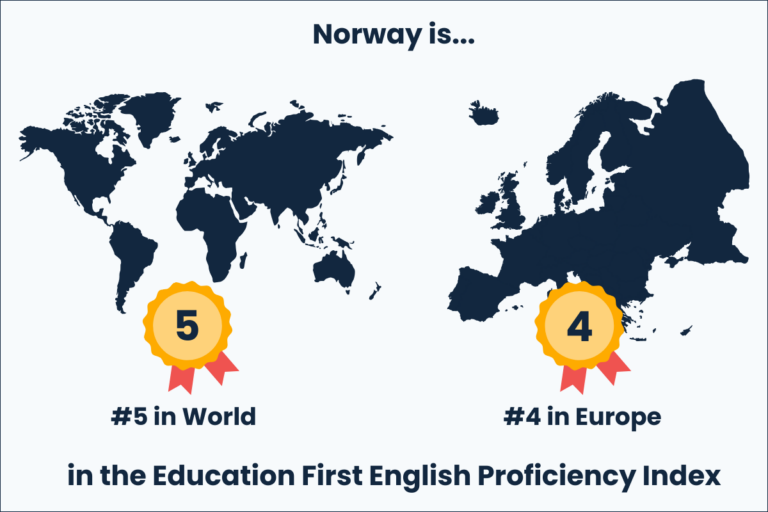
How Many People in Norway Speak English?
Norway is a small Scandinavian country with a great reputation. Year after year, Norway consistently stands out as one of the richest, happiest, and most…
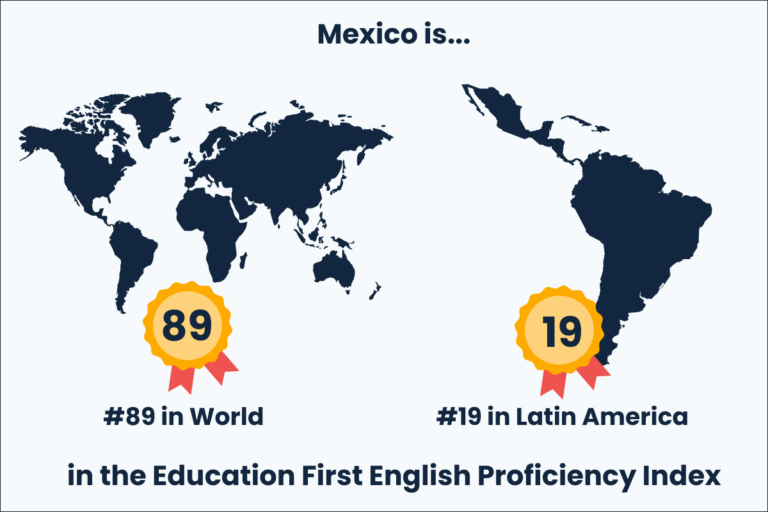
How Many People in Mexico Speak English?
There are over 60 languages spoken in Mexico, including Spanish and indigenous languages. The country has no official language, but the national language is Spanish,…
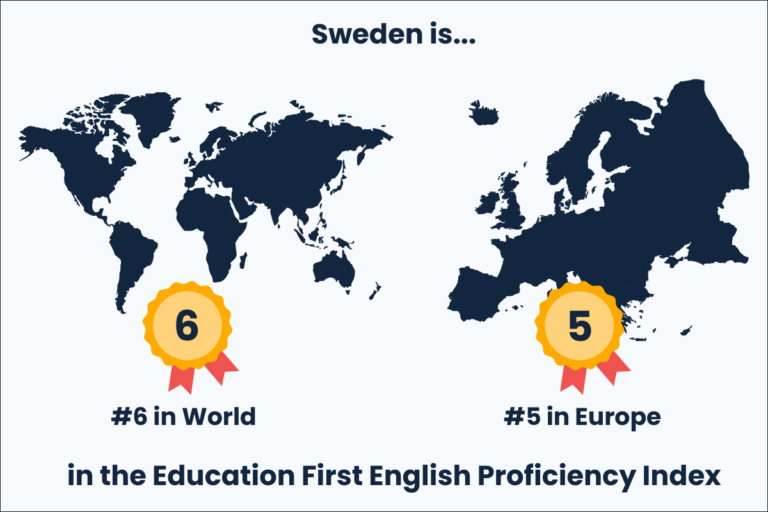
How Many People in Sweden Speak English?
Scandinavian countries are renowned for their impressive English skills and Sweden is no exception. Despite its relatively small population, Sweden has a very high proportion…
